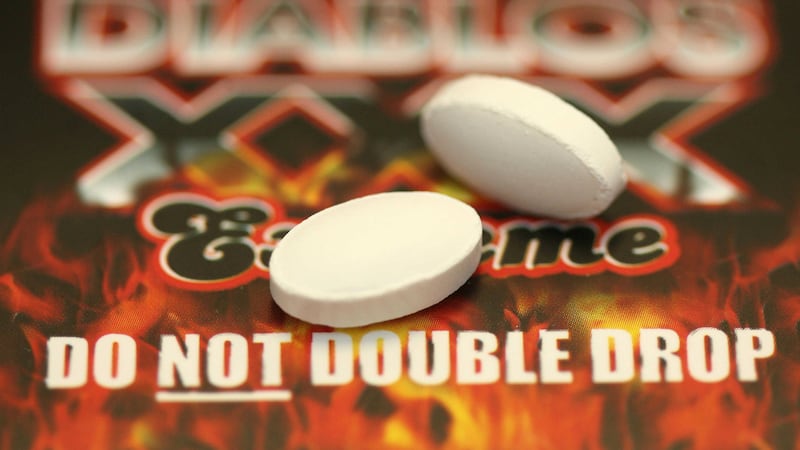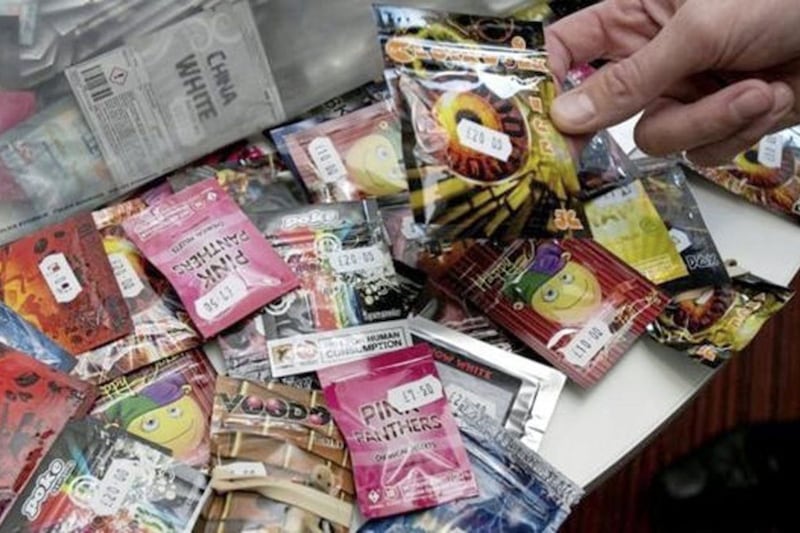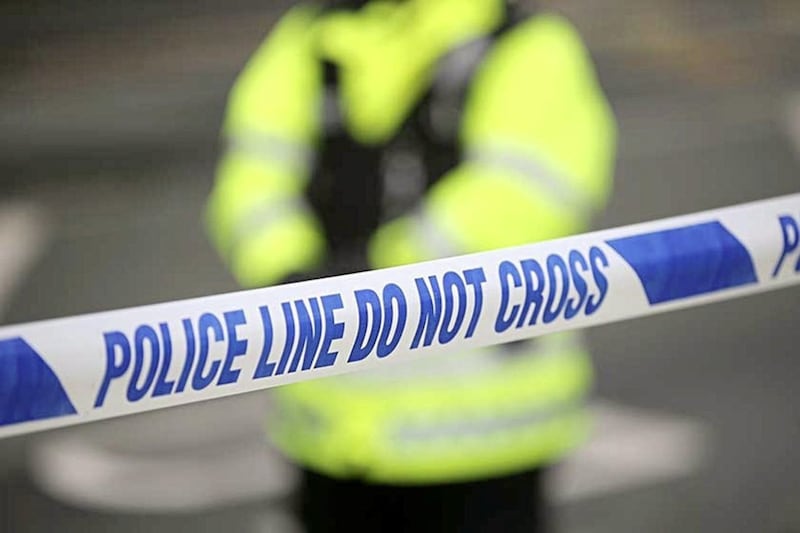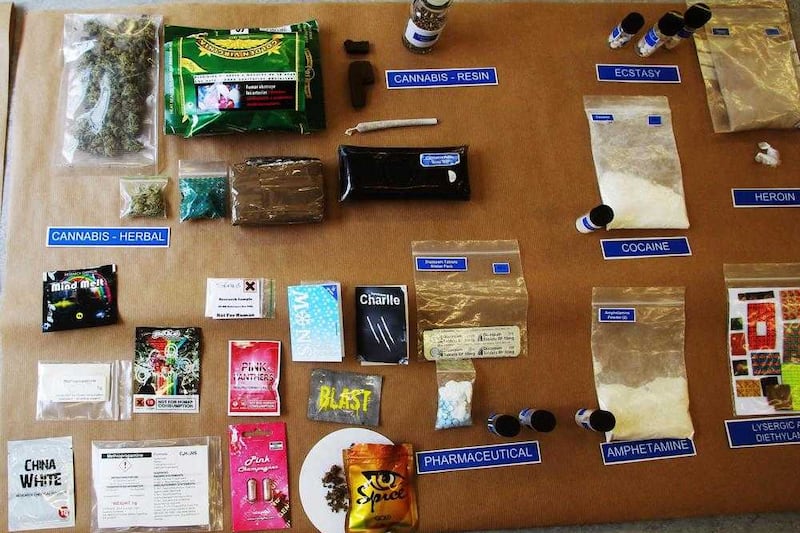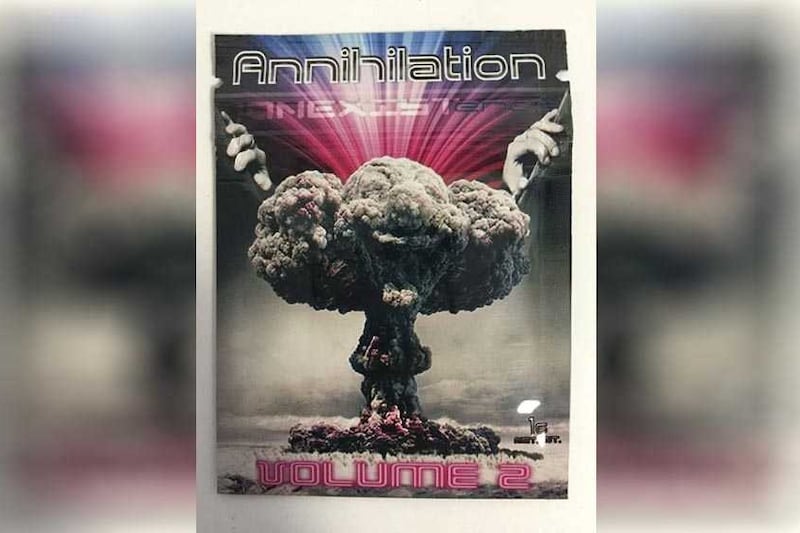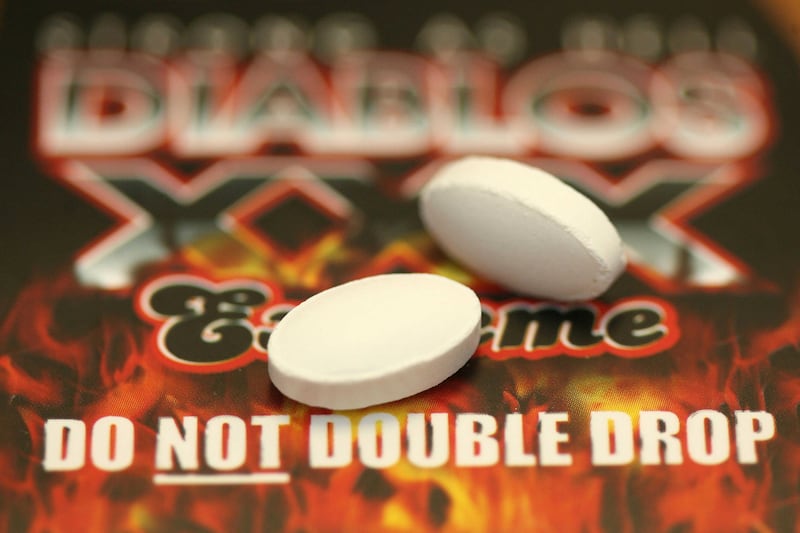THE relentless flood of new legal highs on to the market means it is "unfeasible" that they can all be controlled, a major report has concluded - weeks before a blanket ban comes into force in the UK.
It is unlikely that any regulatory system can be designed to "sufficiently limit" the stream of psychoactive substances without banning "a huge range of chemicals", an official study from European drug monitoring and law enforcement bodies warned.
The findings will bring fresh scrutiny on the British government's crackdown on so-called designer drugs - officially known as new psychoactive substances (NPSs).
Last week it emerged that new laws that prohibit the production, distribution, sale and supply of the substances - which have been linked to scores of deaths - have been delayed until May.
They had been expected to come into force from Wednesday but the start date was pushed back, with ministers saying they needed to "ensure the readiness of all the activity necessary to enable the smooth implementation".
Plans to include poppers in the ban were abandoned after official advisers said the drug does not fall within the scope of the current definition of a "psychoactive" substance in the legislation.
The new Act states that a substance produces a psychoactive effect "if, by stimulating or depressing the person's central nervous system, it affects the person's mental functioning or emotional state". A number of substances are exempt.
The 192-page EU Drug Markets Report released by the European Monitoring Centre for Drugs and Drug Addiction (EMCDDA) and Europol on Tuesday said there are "no signs of a slowdown" in the development of NPSs.
Some 100 new substances were detected last year, bringing the number being monitored to 560. It means there are now more than twice as many new substances on the market as there are drugs controlled under international conventions.
The study concluded: "Finally, given the nature of the market and the continuous stream of new substances, it is unfeasible that all of them can be controlled.
"It is unlikely that any regulatory system can be designed to sufficiently limit the stream of new substances being manufactured without resorting to a ban on a huge range of chemicals."
Many NPSs are sold as legal replacements for banned drugs such as cannabis, heroin, cocaine and MDMA, the report said.
It added: "Entrepreneurs and, increasingly, crime groups recognise that new substances often sit in a legal grey area, check drug laws to ensure the substances are not controlled and sometimes even go as far as to seek expert legal advice."
Consumer groups are no longer limited to experimental users such as "psychonauts" and clubbers, the study said, but also include broader groups of recreational users, prisoners and "people looking to improve their performance or how they look".
For the first time the report gave an estimate of the size of Europe's drug market - putting the value at at least £19 billion a year.
Cannabis accounts for the largest chunk of the market, making up about 38 per cent of the total, followed by heroin (28 per cent) and cocaine (24 per cent).
There is evidence of links between organised crime groups involved in drug trafficking and terrorist organisations, although the relationships are "largely functional in nature", the report said.
The "fragmented nature" of terrorist activity in Europe "gives rise to concerns that groups or individuals with a dual criminal/terrorist profile may be harder to detect, as their activities may not register as important with either those concerned with organised crime or those investigating terrorism", it added.
